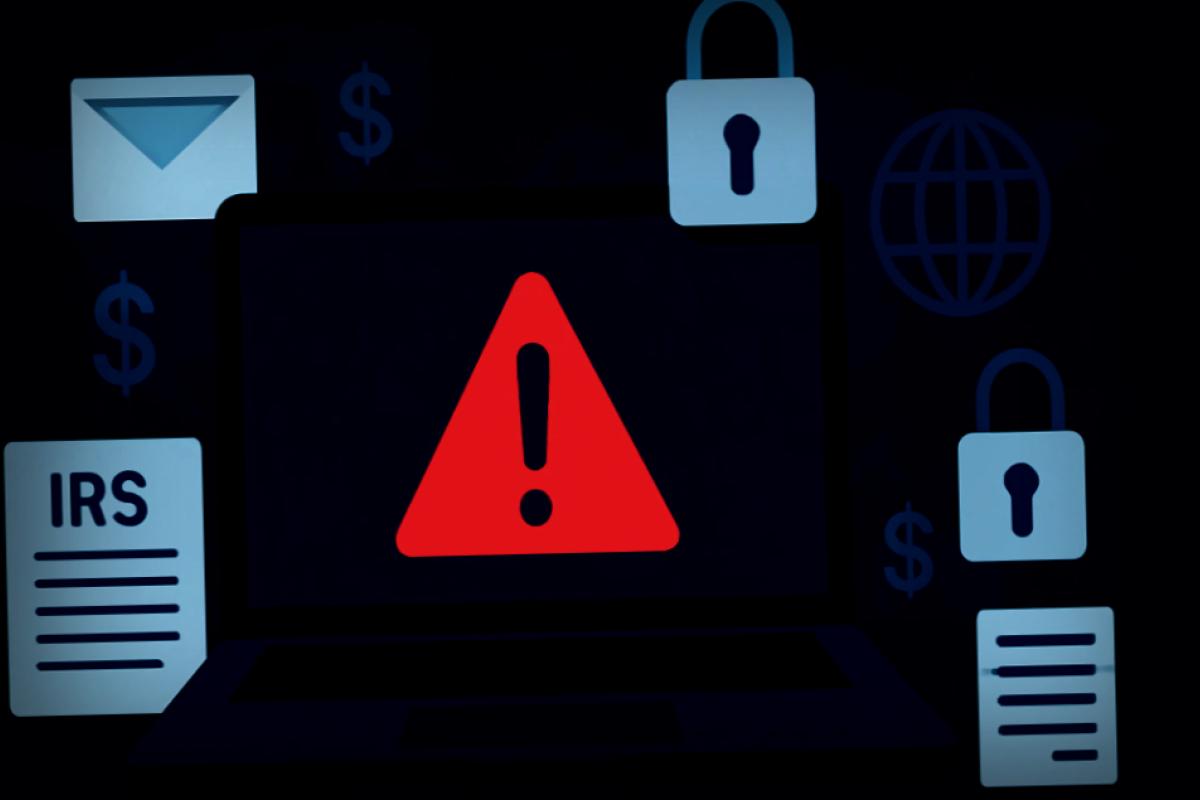A 39-year-old man from Nigeria, Chukwuemeka Victor Amachukwu, has been brought to the United States from France. He’s facing a slew of serious charges related to high-tech crimes, including hacking, wire fraud, and identity theft. Apart from his real name, he’s also known by aliases like Chukwuemeka Victor Eletuo and So Kwan Leung, and he’s believed to have masterminded several online scams that targeted citizens and government institutions throughout the U.S.
Federal prosecutors have stated that Amachukwu and his crew executed a complex cybercrime operation. They managed to infiltrate tax preparation companies using spear phishing—this is where they send deceptive emails designed to trick victims into giving up their login details, thus gaining access to sensitive client data.
Unveiling of a Major Cybercrime Operation
Once they had breached these businesses, the fraudsters snatched personal information from thousands of individuals. They allegedly filed fraudulent tax returns with the Internal Revenue Service (IRS) and various state tax bodies, looking to cheat them out of at least $8.4 million in tax refunds. Reports indicate that they actually siphoned off around $2.5 million successfully.
An associated case involves Jesse El-Ghoul, who faces decades in prison for a separate tax refund fraud amounting to $1.3 million.
The fraudulent operations didn’t stop at tax scams either. Investigators disclosed that stolen identities were also used to file fictitious claims under the Small Business Administration’s Economic Injury Disaster Loan (EIDL) program, initiated during the COVID-19 pandemic to aid struggling companies. From this scam, they reportedly netted almost $819,000 in payouts.
Kinglsey Uchelue Utulu, another suspect based in Nigeria, is said to be one of Amachukwu’s collaborators. Together, they targeted businesses in states such as New York and Texas, coordinating their crimes remotely from around the world.
Investment Scams and Phony Loans
In a different but equally deceptive operation, Amachukwu is alleged to have promoted fake investment deals using phony standby letters of credit that were supposed to secure high returns. These documents didn’t even exist, leaving victims shocked and out of pocket after investing substantial amounts.
The aftermath of these schemes was devastating, impacting private citizens and public entities alike. Prosecutors noted that these criminal activities were highly organized, intentional, and designed to evade detection across international borders and various legal systems.
Apprehended in France, Now Facing Justice in America
Amachukwu’s capture happened in France, facilitated by a request from the U.S. government. His arrest and subsequent extradition were made possible thanks to the collaboration between the Justice Department’s Office of International Affairs, the U.S. Marshals Service, and the French National Gendarmerie.
In a related case, Rowland Marcus Andrade has been sentenced to seven years for a $10 million cryptocurrency fraud.
Upon reaching New York, Amachukwu confronted U.S. Magistrate Judge Robert W. Lehrburger. The case has now been transferred to U.S. District Judge Paul G. Gardephe, with Assistant U.S. Attorney Daniel G. Nessim leading the prosecution from the Complex Frauds and Cybercrime Unit.
Amachukwu is up against multiple federal charges, which include:
- One count of conspiracy to commit computer intrusion (up to 5 years)
- Two counts of conspiracy to commit wire fraud (up to 20 years each)
- Two counts of wire fraud (up to 20 years each)
- One count of aggravated identity theft; this carries a mandatory minimum of 2 years, which must be served consecutively.
U.S. Attorney Jay Clayton commended the diligent work of the FBI, particularly focusing on the New York Field Office directed by Assistant Director Christopher G. Raia. Raia further emphasized that they are committed to bringing cybercriminals to justice, regardless of their location on the globe.
As the case unfolds, it’s crucial to stress that Chukwuemeka Victor Amachukwu is presumed innocent until proven guilty in a court of law.




















